Our Advocate Network is made up of members who engage and support the School in its drive for an ever more inclusive and equitable environment. They help us to gain insight and critical perspective, and have collaborated with us in various ways, from research to live projects. They offer particular expertise through lectures and reviews, and serve as inspiring role models for our student cohorts.
For staff and students in the School, if you are interested in inviting an Advocate to engage with your course, please e-mail Samir Pandya (pandyas@westminster.a.c.uk).
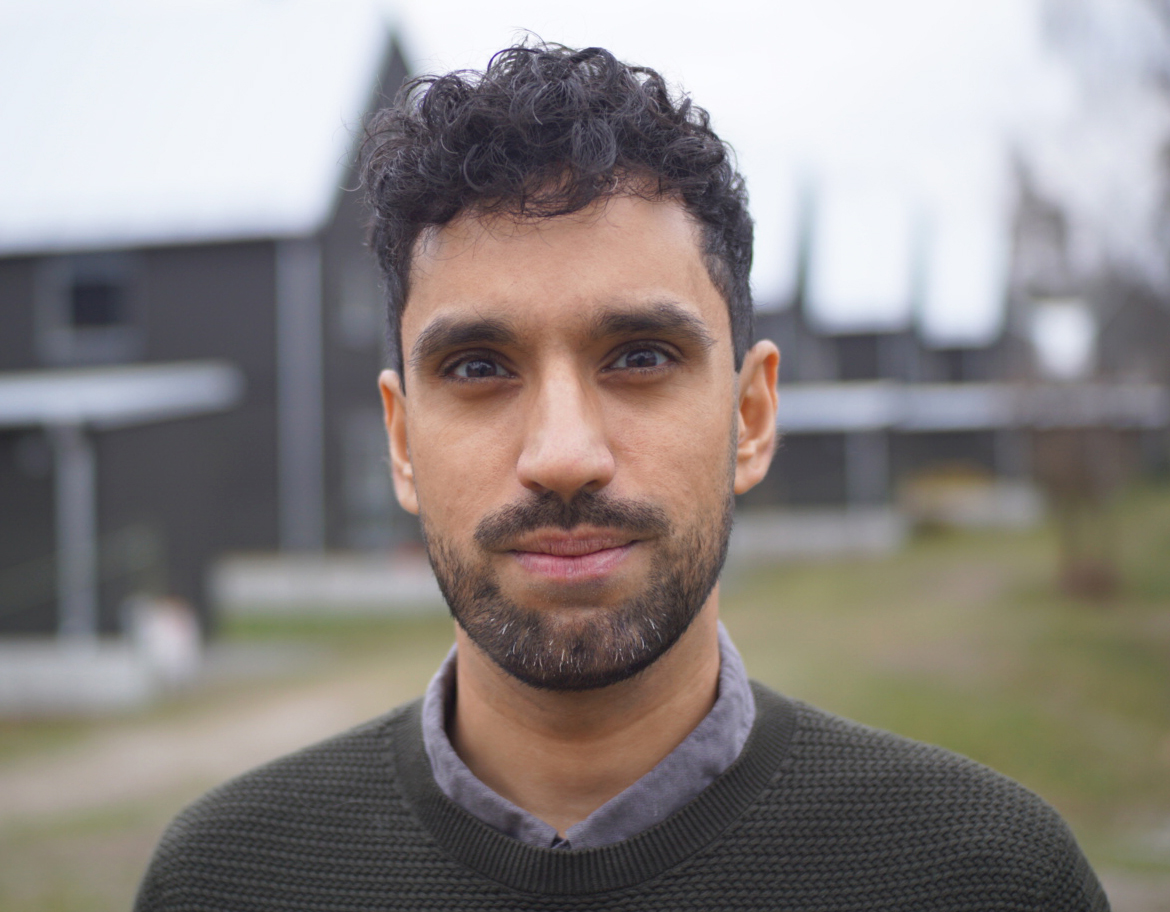
Jas is the founding director of Jas Bhalla Architects, an interdisciplinary design practice operating in the fields of architecture, town planning and urban design. Their work is underpinned by rigorous analysis, and seeks to deliver innovative, cost effective and environmentally responsive design solutions. Jas was recently recognised as one of the Architect Journal’s ‘40 under 40’ for his acumen in housing design and identified as one of House and Garden Magazine’s ‘Rising Stars’. He is a Mayor’s Design Advocate, as well as a member of review panels in Essex, Redbridge and Hounslow.
Jas studied at The Bartlett School of Planning at UCL before completing his architectural education at Yale University as the recipient of the prestigious Fulbright Scholarship. He is a regular writer and speaker and has authored articles published in the Independent and New Statesman. Jas is involved in education and policy in parallel to practice; he regularly acts as a visiting critic at The Bartlett, Cardiff University and Architectural Association, and is a founding trustee for The London Neighbourhood Scholarship, a charity which seeks to provide funding for underprivileged and underrepresented Londoners to study Architecture at University.
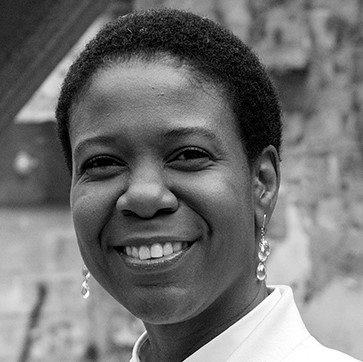
Jacqueline Bleicher is the Founding Director of Global Urban Design, a community-focused urban design and placemaking consultancy and social enterprise. She is an Urban Designer, Masterplanner, UK-Registered Chartered Architect, Part-Time Associate Lecturer in Environmental Sustainability at Anglia Ruskin University and co-author of Our City? Countering exclusion in public space (a book by STIPO, Project for Public Spaces (PPS) and the Placemaking Europe Network).
She has considerable professional experience working in the built environment on projects including mixed-use developments, residential, public realm, parks and green space, regeneration, inclusive place design, waterfronts and transportation network planning. Jacqueline actively promotes urban design principles, universal design, sustainable development practices and inclusive place design. She values the community as experts in co-designing places they want to live, work and play.
Jacqueline co-launched the Creative Community Placemakers Network (CCPN) a multi-ethnic, multidisciplinary, age-inclusive network to bring professionals and community members together around placemaking, of which she is Steering Group Coordinator. She co-developed and co-delivered a Webinar Series on ‘Race and Place’ for Built Environment organisations, and is a co-author of the Real Estate Women’s Manifesto for an anti-racist Built Environment, which invites signatories to become more inclusive, diverse and equitable in their practice, supply chain and legacy. She is also a Steering Committee member of Women in Architecture UK, a RIBA Ambassador, a Design Council Associate, a Living Space Project Associate, and Real Estate Women Committee member.
Jacqueline has co-developed six principles for future communities based on feedback from a survey on homes and neighbourhoods. She tested the principles on an urban brownfield site in Southwark, London, and produced a concept proposal for a ten-minute, walkable, compact, mixed use, complete, liveable neighbourhood.
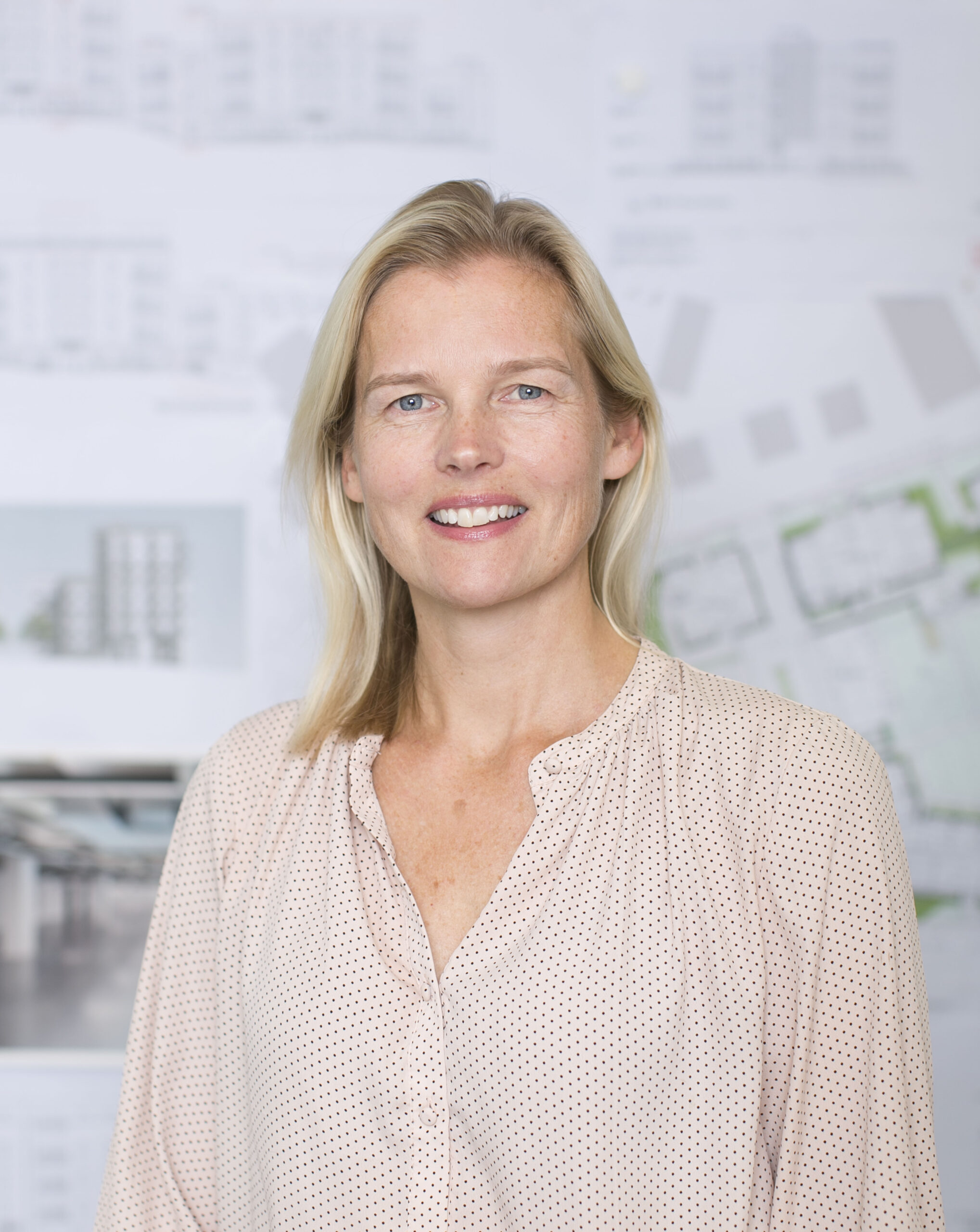
Julie joined Assael in 2019 and is Head of HR. Her HR experience spans many different industries, including luxury fashion at Harvey Nichols, engineering at BMT, before moving into and focusing on the built environment. As well as working for architectural practices, Julie led a project during her MSc in International Human Resource Management that looked at the career challenges facing Women in Architecture, and she contributed to a forum promoting more Women on Boards across the built environment. She is passionate about creating opportunities for all to get into Architecture, she chairs the Diversity & Inclusion group at Assael. They have a formal partnership with Into University, who support students from disadvantaged backgrounds to apply to University, via Mentoring, Insight Sessions and Sponsorship. Assael also participate in Architecture in Schools with Open City by working with Primary School children to design and build a project on the chosen theme. Julie has also volunteered with Women into Construction charity to at speed interviewing sessions and enabled work experience at Assael for some of their members.
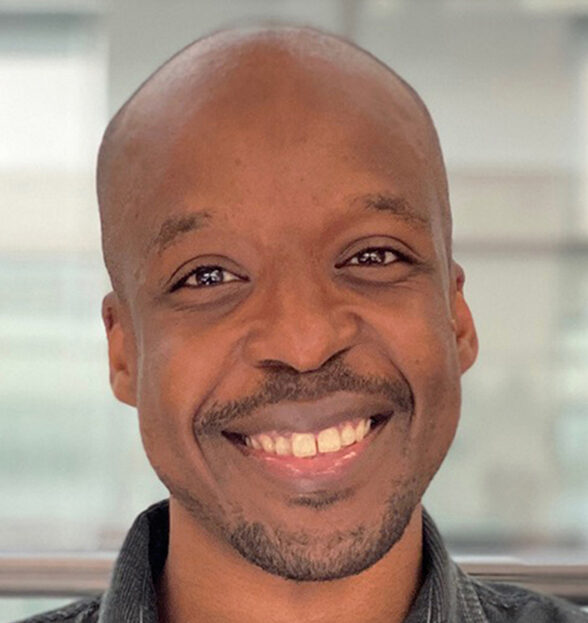
Khalifa is a founding director of West Port Architects. He was born in Nigeria, grew up in London and was naturalised in Scotland. He trained in architecture at Edinburgh and later in Urban Design and City planning at UCL. The latter from which he graduated with distinction and commendations for his work in researching the inclusion and participation of black ethnic minority communities in the place-making and redevelopment of Burgess Park, Peckham. Khalifa is passionate about the social impetus of space and has a well-versed interest in architectural theory, research and tools concerning the ways in which marginalised communities may be better included in architectural practice and design.
Khalifa has been a visiting guest-reviewer of student work at London Southbank University and UCL. He is a sitting Design Review Panel member for Ealing and Lambeth Borough Councils.
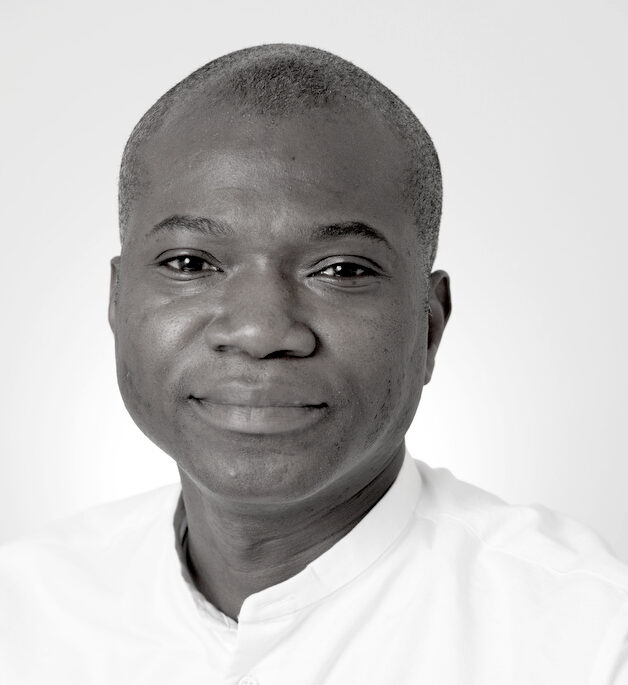
A former local authority housing officer, David specialises in housing, urban design, placemaking and arts projects. His studio is an ‘AJ100: Disruptor’ Practice and is included in the Architecture Foundation’s New Architects 4. David holds a number of strategic advisory roles including as a Mayor’s Design Advocate, an Expert Advisory Group member for Historic England, a board member of Urban Design London, an advisory board member of New Architectural Writers, and contributes to London DRP, St. Albans DRP, Brighton & Hove DRP, Guildford DRP, Luton DRP, and the GLA’s Design Management Advisory Panel. A past curatorial board member for the London Festival of Architecture, he is a Board Trustee of the Architecture Foundation. He mentors widely including for Public Practice and the Royal College of Art. He is an external Examiner at London Met University. He is an expert on the delivery of infill regeneration in deprived environments with diverse stakeholders.
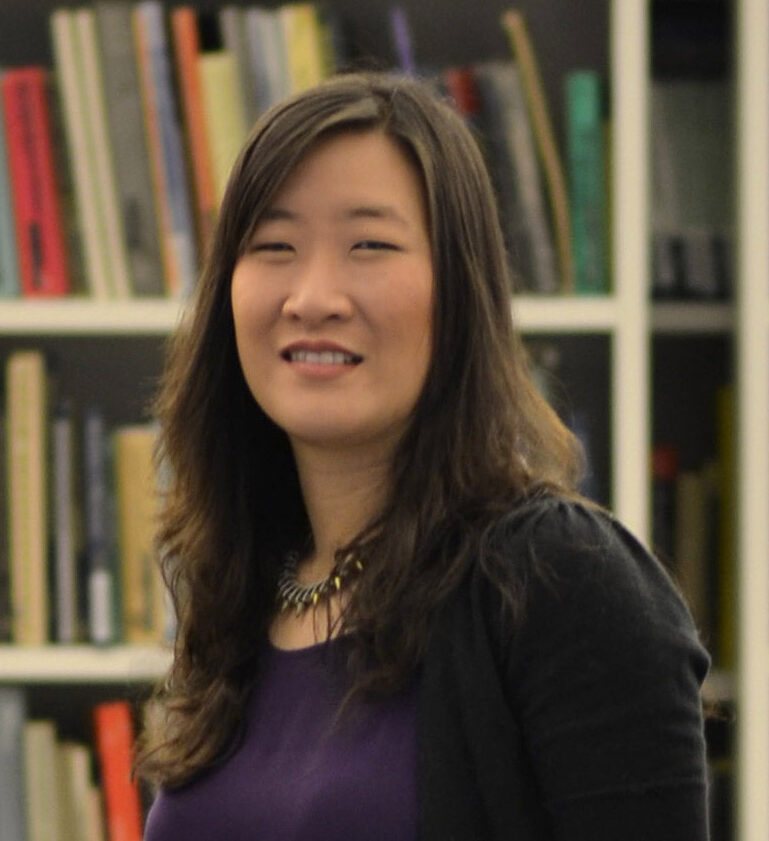
Mei-Yee is the Access and Inclusive Environments Lead at Arup, a team that specialises in inclusive design in the built environment. This includes evaluation of the accessibility & inclusivity of the built environment in relation to the local & cultural setting, and best practice; consideration of the changing trends and demographics of societies to address future requirements of a diverse population. Mei-Yee is also an active member of internal EDI groups within Arup.
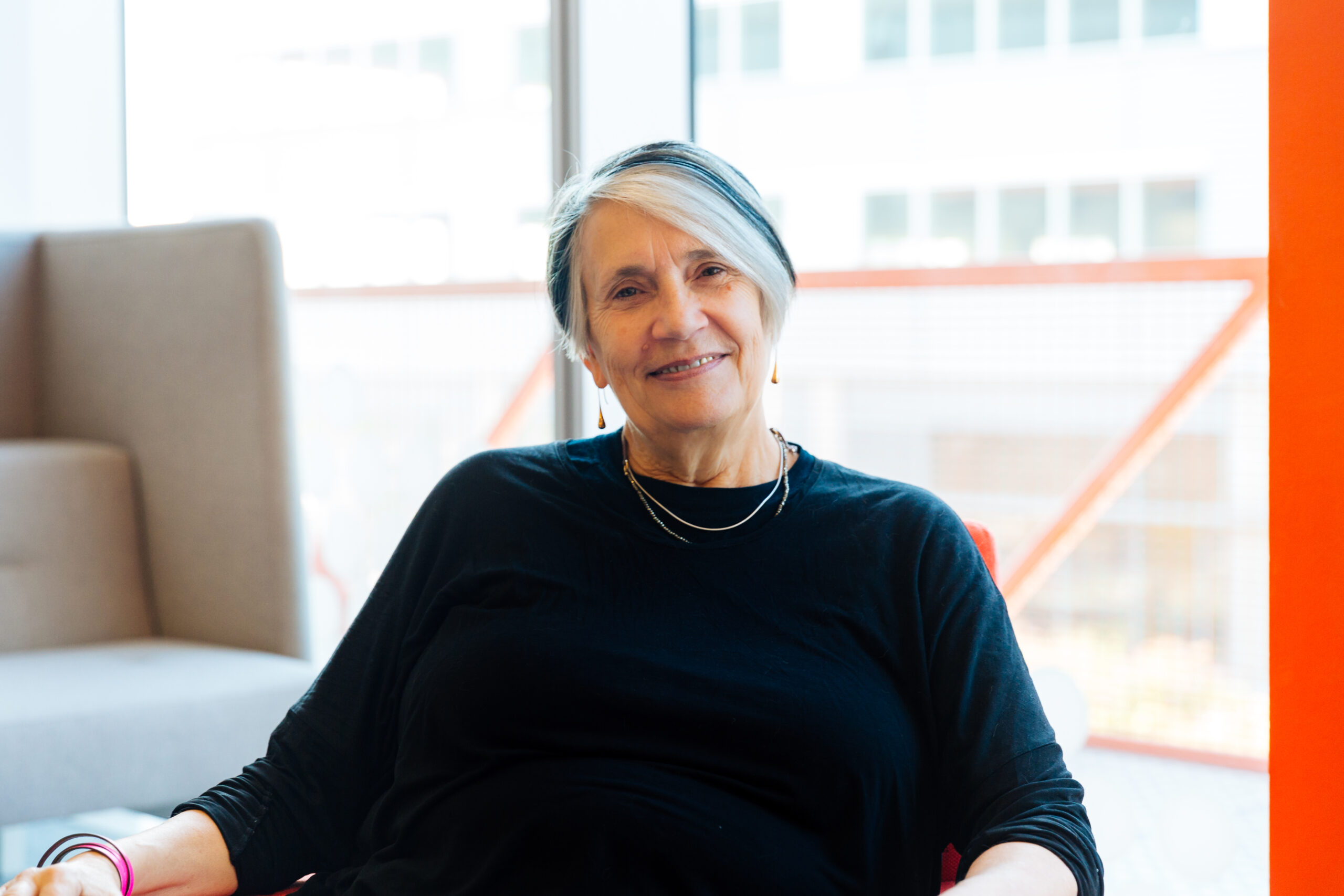
Dr. Jos Boys is co-founder and co-director, with Zoe Partington, of The DisOrdinary Architecture Project which brings disabled artists into built environment education and practice to critically and creatively re-think access and inclusion. Originally trained in architecture, she was co-founder of Matrix feminist architecture and research collective in the 1980s and one of the authors of Making Space: Women and the Man-made Environment Pluto 1894 (republished by Verso, 2022). Since then she has been a journalist, researcher, consultant, educator and photographer; and has published several books. Currently she is Director of the Learning Environments Equality, Diversity and Inclusion Centre (LEEDIC) at The Bartlett UCL; and programme lead for the MSc Learning Environments. Her research and practice explores how everyday social, spatial and material practices come to frame what is ‘ordinary’ as a way of co-developing design interventions that challenge norms about who gets valued and who doesn’t (in society, in the design of built space and in architecture as a discipline).
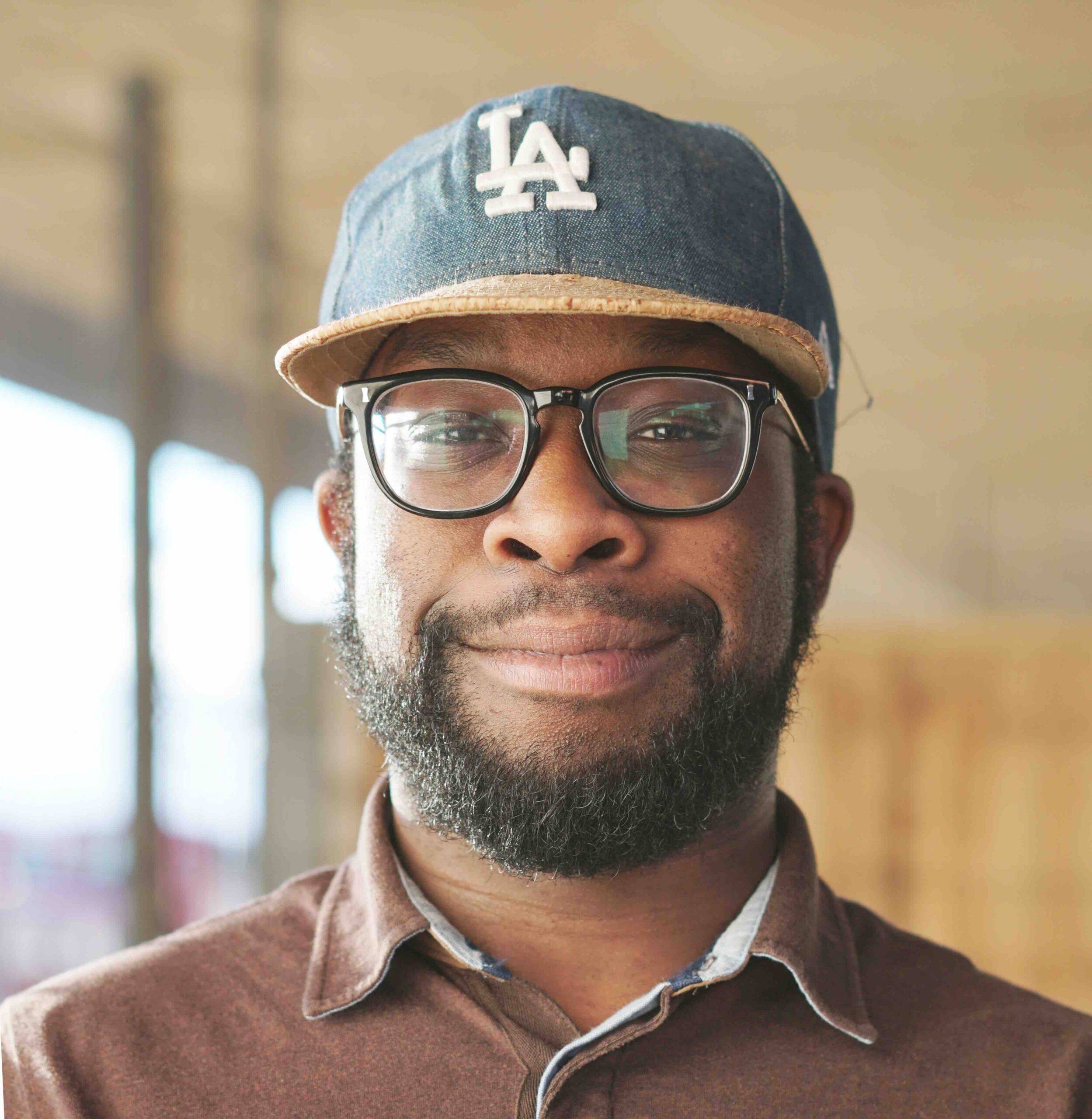
Shaun Ihejetoh’s background is distinctly representative of London and what it means to be a Londoner in 2022. He stems from a broad range of cultural and professional experiences which is something he treasures and see it as the source of our ability to successfully engage with a wide range of clients and projects. Shaun is third generation Black-British of Nigerian descent and second generation African American. He grew up in Texas and London before moving to Edinburgh. Shaun holds a strong interest in architectural history and the broadening of both the educational and professional routes into architectural and design practice. American born and of Nigerian descent, Shaun has lived and worked in many areas of London and has first-hand awareness of the varying trends of development across the city. It is his lived experience of the city, including his time spent studying and working in Sweden and Germany, respectively, that fuels his desire to see from the perspective of those less equipped to influence the physical make-up of their neighbourhoods. All of these things drive his and West Port’s passion to expand the architectural discourse to those outside the architectural bubble.
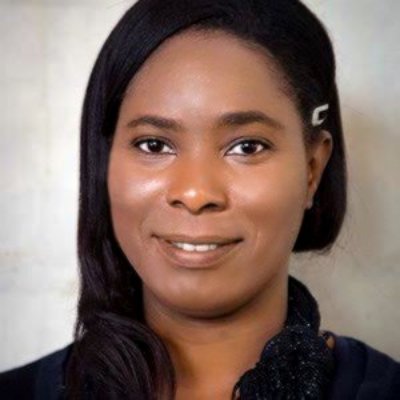
Natasha is an award-winning international Equalities Designer and Researcher whose practice explores extending the frontiers of knowledge around mental difference, non-typical bodyminds, ways of being and marginalised experiences. Natasha seeks to reframe mainstream notions of equality, equity, diversity, and inclusion towards post-normative equity through an intersectional design lens, spanning multi-modal interactions for varied audiences and organisations. With an MA in Information Experience Design from the Royal College of Art (RCA), a background in Inclusive Design, Data Systems analysis from The University of Oxford, coupled with expertise in access and inclusion, Natasha has gone on to exhibit widely and created workshops at cultural establishments, including The V&A, The National Gallery and Tate Modern followed by working as a Research Associate at The RCA’s Helen Hamlyn Centre and Wellcome Trust (Wellcome Collection Hub) on Research project Design and The Mind. A fellow of the Royal Society of the Arts, a member of the Chartered Society of Designers, and a fellow of the Institute of Equality, Diversity Practitioners. Natasha is a Design Expert Specialist for the Design Council, a NASA Aeronautics Inclusion, Diversity, Equity, and Accessibility (IDEA) Practitioner, and a consultant for Wellcome, one of the Developers for Wellcome Collections Social Justice Curriculum. She is a Creative in residence at Somerset House’s studio 48. Natasha has been selected as a 10×10 Emerging Artist by the British Council, named on the Shaw Trust Power List Top 100 Influential Disabled People 2019 and 2020, she was nominated for a Genius Within’ Stereotype Buster award 2021 and 2022. Natasha is currently a Shaw Trust Disability Power 100 list 2023 Judge; a RIBA Awards 2023 Jury member and an advisory member for the Greater London Authority (GLA) and UNESCO Day for Remembering the Transatlantic Slave Trade and Abolition.

Savannah is a recently qualified Architect with experience within a range of sectors, and is
the Founder of POC in Architecture (since 2020). The idea for POC began whilst studying on the MArch (RIBA Part 2) at the University of Westminster for my Part 2. The POC platform was set up for black and mixed raced architecture students to have their work disseminated and celebrated, and is supplemented by interview articles on current topics of interest amongst the community. A key driver for POC was the Black Lives Matter (BLM) movement and the question of ethnic minority experienced within the field of architecture. A lack of visible design-based platforms for African and Caribbean heritage students and/or Architects led to the launch of the POC mentoring project for final year RIBA Part I Architecture students to help prepare them for interviews, portfolio curation, and the working world. This includes input from registered Architects from a mixture of backgrounds, and a typical ‘POC year’ ends with an exhibition showcasing the work of student and architect members of POC.
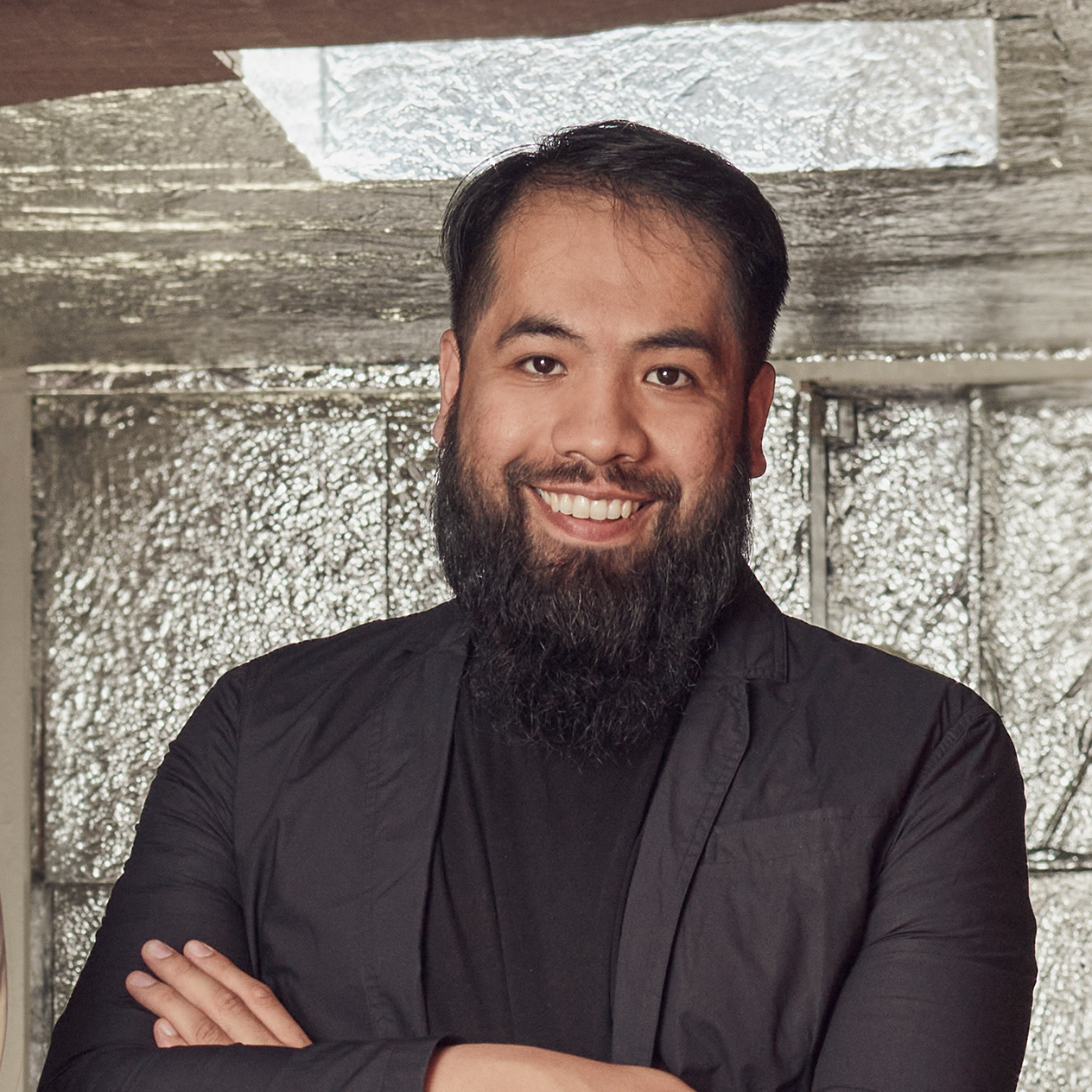
Mohammed is one of the founding directors of AWMA, a design and architecture studio based in Brixton, South London. He studied his undergrad in Architecture at Kingston University and went on to studying his masters and part 3 at the University of Westminster. Over the years he has worked for several Architectural practices and international firms that include Grimshaw Architects, SOM and Arup, where he has played an instrumental role in projects of various scales and typologies.
Mohammed was born in Afghanistan where he witnessed first-hand the transformative power of architecture in his war-torn homeland, where buildings served as symbols of resilience and hope amidst adversity. Being raised in London, despite facing many barriers, his determination and perseverance propelled him forward, and he setup AWMA in 2017 as a collective with a commitment to community focused projects, and to create spaces that foster unity, social progress and positive change. This has allowed AWMA to successfully deliver a diverse range of impactful projects in the United Kingdom and abroad, including a community mosque, a series of pavilions and installations, and a variety of ongoing explorations and discussions.